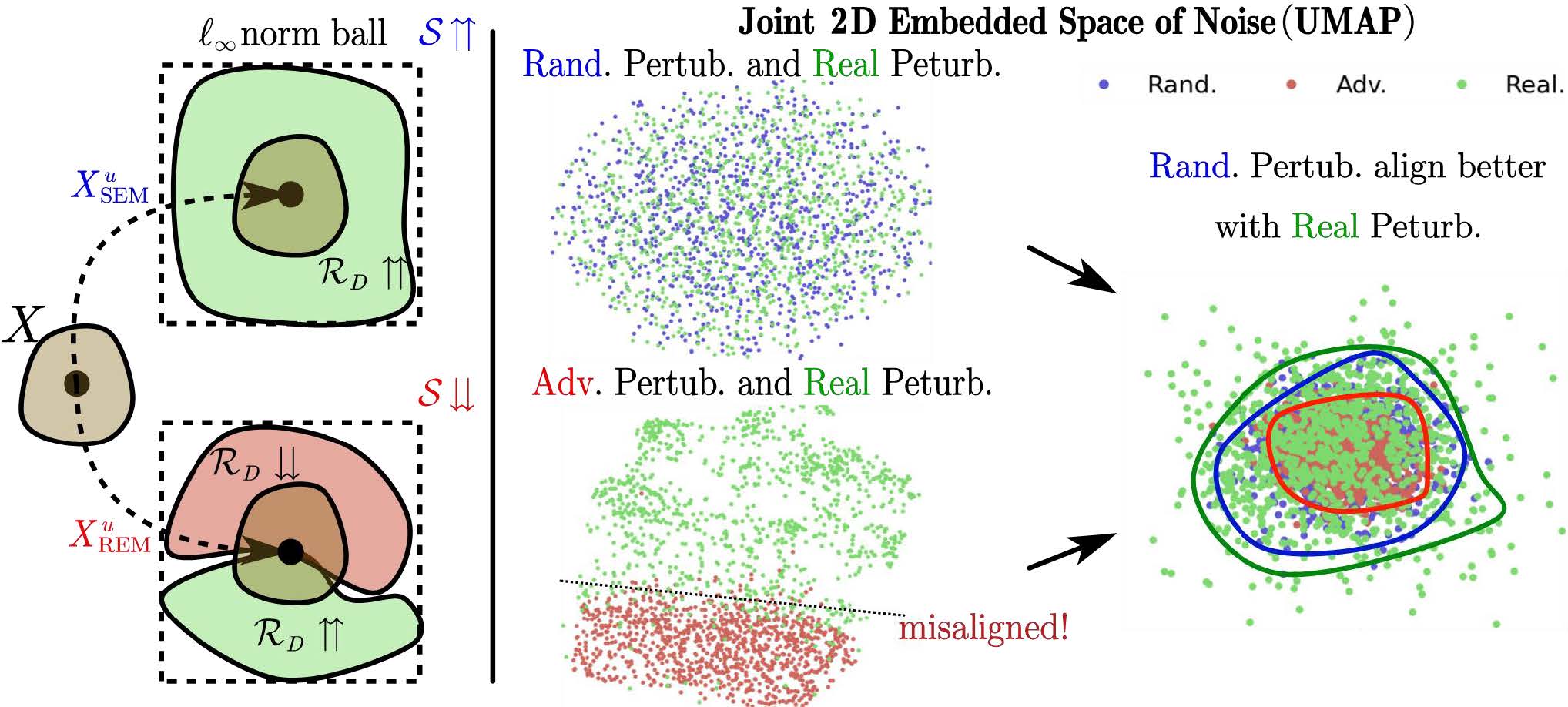Stable Unlearnable Example: Enhancing the Robustness of Unlearnable Examples via Stable Error-Minimizing Noise
The open source of large amounts of image data promotes the development of deep learning techniques. Along with this comes the privacy risk of these open-source image datasets being exploited by unauthorized third parties to train deep learning models for commercial or illegal purposes. To avoid the abuse of public data, a poisoning-based technique, the unlearnable example, is proposed to significantly degrade the generalization performance of models by adding a kind of imperceptible noise to the data. To further enhance its robustness against adversarial training, existing works leverage iterative adversarial training on both the defensive noise and the surrogate model. However, it still remains unknown whether the robustness of unlearnable examples primarily comes from the effect of enhancement in the surrogate model or the defensive noise. Observing that simply removing the adversarial noise on the training process of the defensive noise can improve the performance of robust unlearnable examples, we identify that solely the surrogate model's robustness contributes to the performance. Furthermore, we found a negative correlation exists between the robustness of defensive noise and the protection performance, indicating defensive noise's instability issue. Motivated by this, to further boost the robust unlearnable example, we introduce stable error-minimizing noise (SEM), which trains the defensive noise against random perturbation instead of the time-consuming adversarial perturbation to improve the stability of defensive noise. Through extensive experiments, we demonstrate that SEM achieves a new state-of-the-art performance on CIFAR-10, CIFAR-100, and ImageNet Subset in terms of both effectiveness and efficiency. The code is available at https://github.com/liuyixin-louis/Stable-Unlearnable-Example.
PDF Abstract

 CIFAR-10
CIFAR-10
 CIFAR-100
CIFAR-100